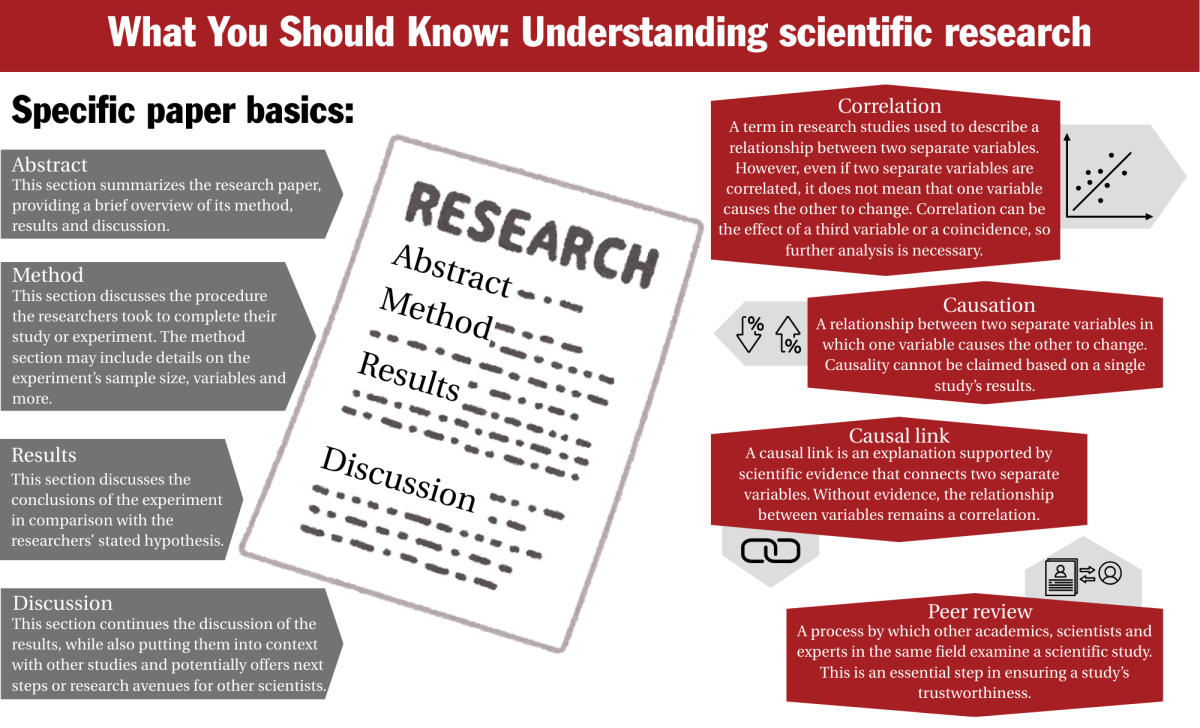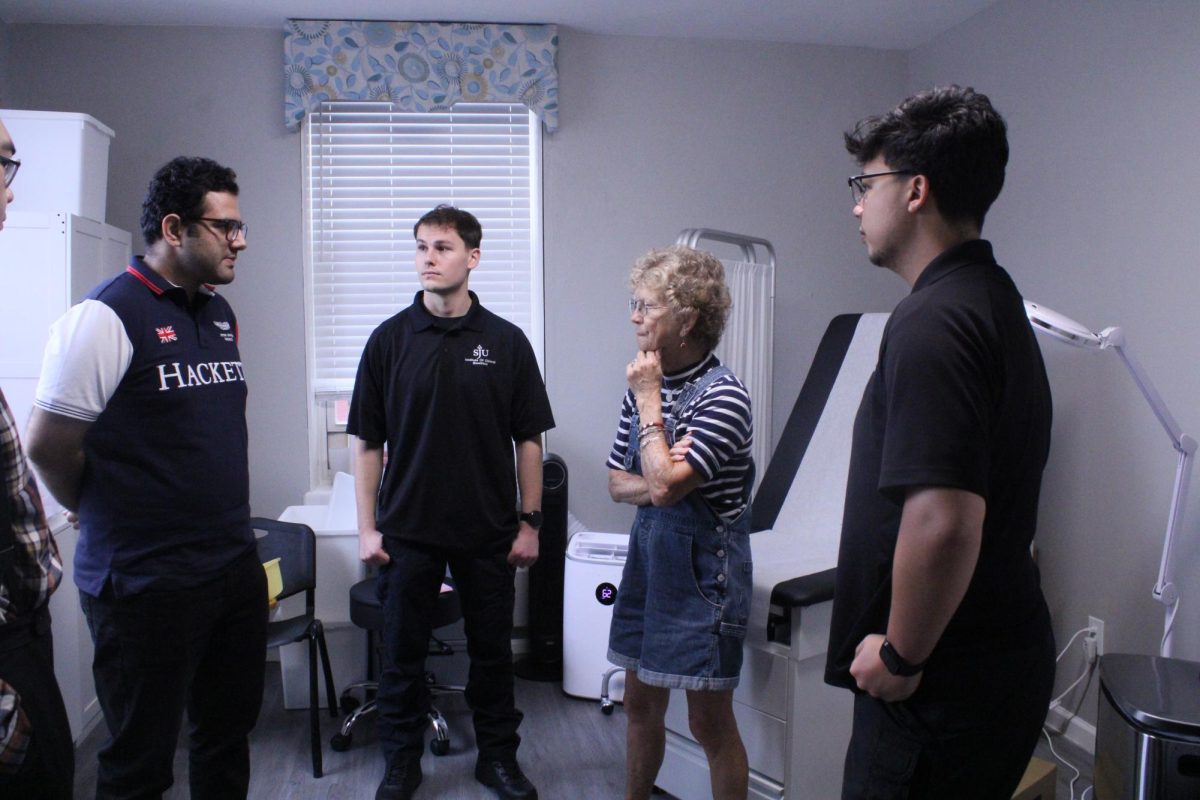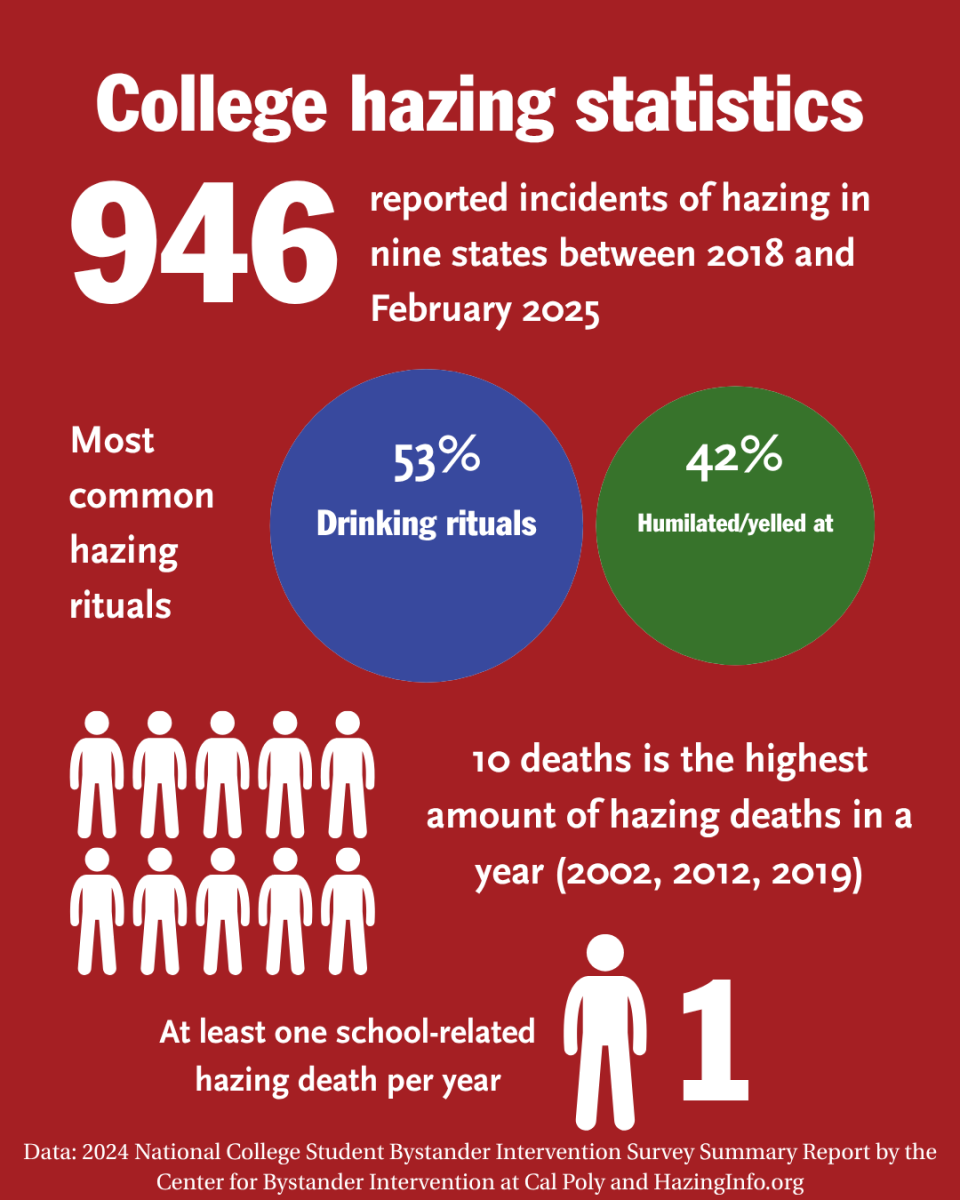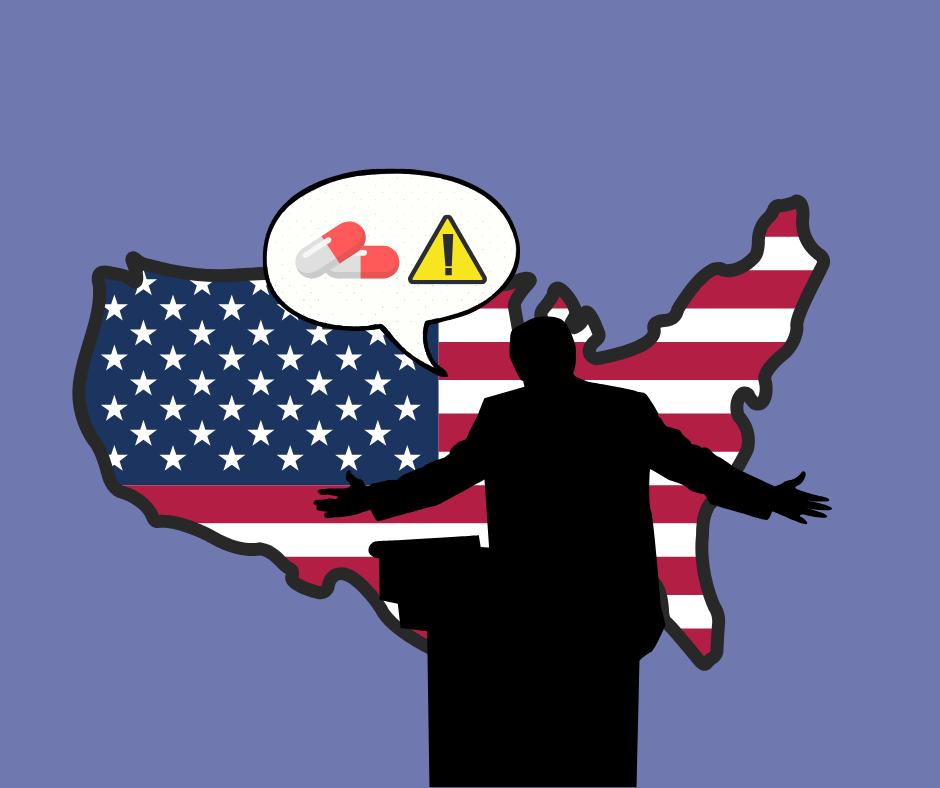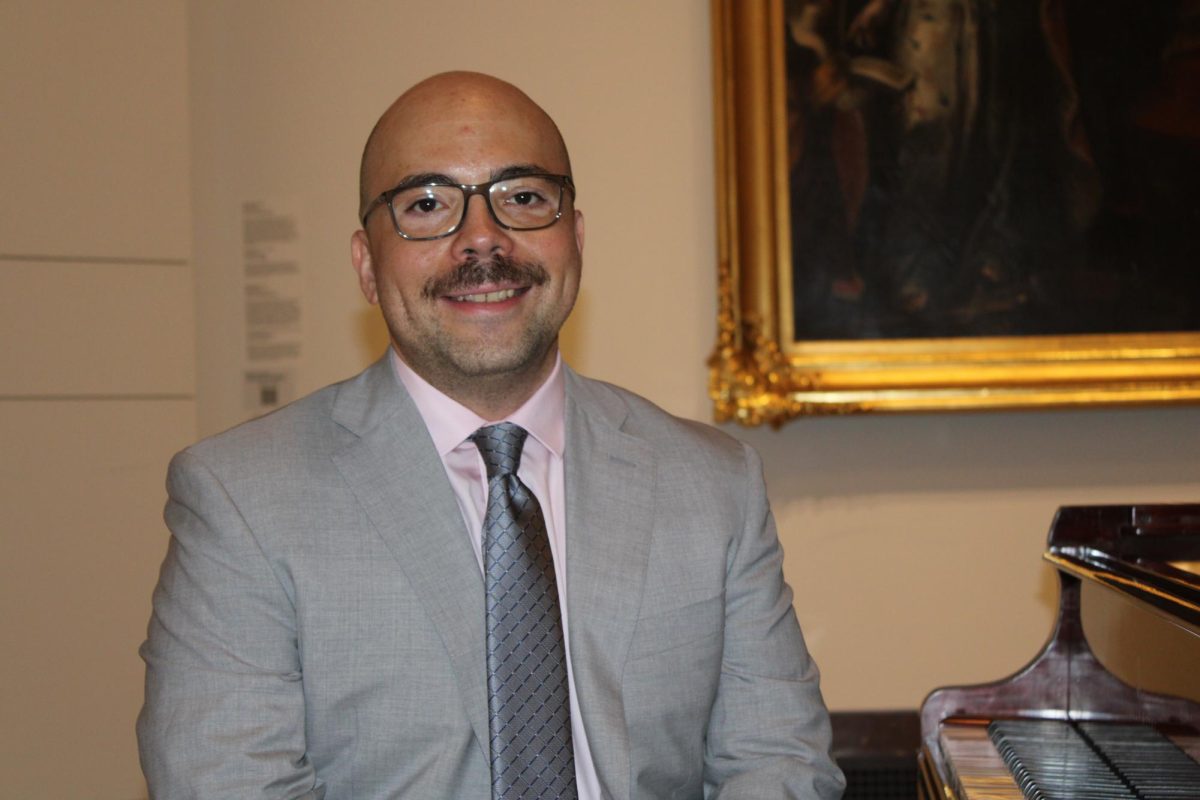Within the past six months, a large number of events have taken place in the government. With that, an issue I believe to be of great concern has emerged: how our bipartisan government has politicized science (specifically healthcare) to the point where many of its claims are not empirically true. Rather than facts, emotional language and political divisions have been used to influence the public.
Since becoming the secretary of Health and Human Services, Robert F. Kennedy Jr. has wanted to tackle many issues, including obesity, restricting certain compounds in foods and “discovering” the “cause” of autism. Kennedy and the current administration have a strong and well-needed motivation to tackle the nation’s healthcare problems, but the ways they address it are poorly assessed.
A recent example was the Sept. 22 White House press conference announcing the possible autism-causing effects of Tylenol, where a few hand-picked studies showed some correlation, not causation, in reports of pregnant individuals taking Tylenol and their babies being born with autism. Overstating claims like these damages the credibility of the science community and trust of the government. Thankfully, the Food and Drug Administration has described the potential link as an “association,” emphasizing correlation and not causation.
Manipulating and handpicking researchers to push an agenda is also an issue. Such is the case of the Harvard study that tried to find a link between Tylenol and neurological development. Or, how a scientist running a metabolism lab in conjunction with the National Institute of Health claims to have been censored and restricted by the government from continuing his research and publicizing his work.
We also should consider that this issue has appeared on both sides of the political spectrum. For example, the Biden administration used Title 42 to expel migrants positive with covid-19 during the pandemic despite a lack of evidence suggesting these expulsions stopped the spread.
In the end, the focus should not be placed on these specific situations but rather on the need for better public health policy overall. This is where public distrust and fear can be lessened toward the science and healthcare communities.

